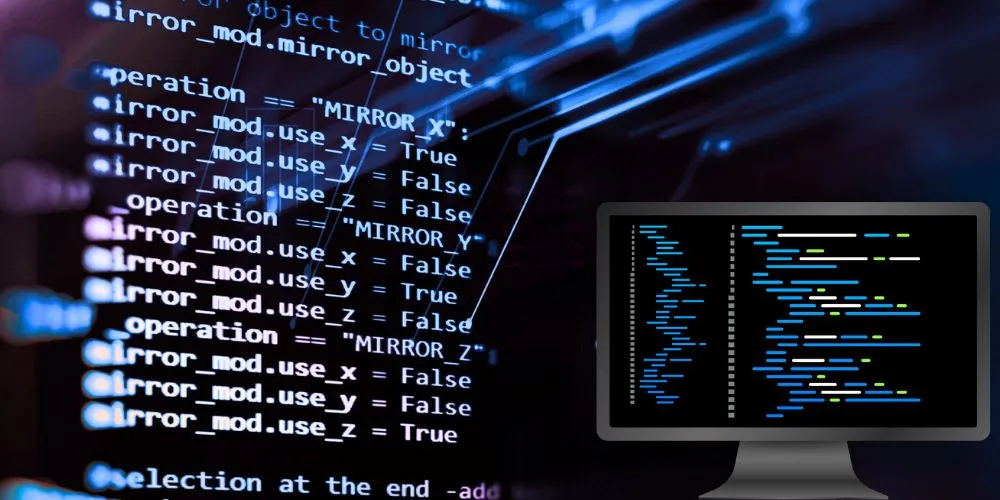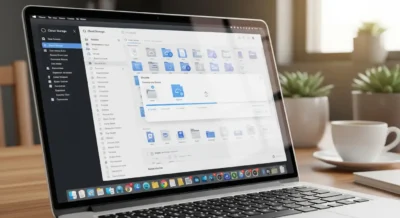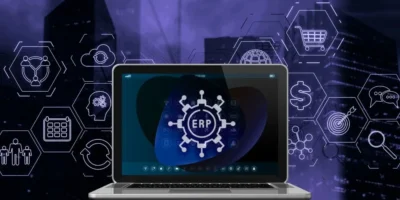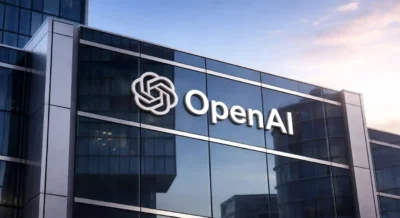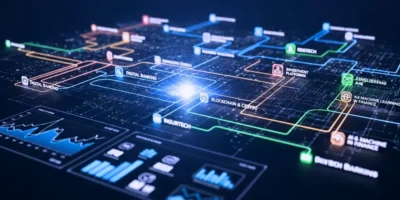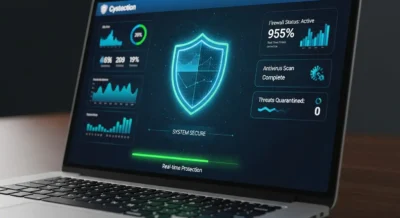In today’s rapidly evolving software development landscape, the emphasis on clean code has never been more critical. As teams become increasingly distributed, codebases become more complex, and user expectations continue to rise, the ability to write clean, maintainable code is no longer just a best practice; it’s a necessity. Clean code isn’t just about aesthetics; it’s about functionality, collaboration, and long-term efficiency.
Enhancing Team Collaboration
Clean code allows developers to understand, modify, and extend each other’s work with minimal friction. When code is well-structured and follows consistent naming conventions, it becomes easier for teams, especially remote or cross-functional ones, to stay aligned. This fosters a collaborative environment where developers can jump into unfamiliar codebases without wasting time deciphering cryptic logic.
Reducing Technical Debt
Messy or rushed code often leads to technical debt—short-term solutions that create long-term problems. Clean code, on the other hand, reduces the need for frequent refactoring and minimizes the likelihood of bugs. By investing in clean code upfront, developers avoid the compounding costs of patchwork fixes and rewrites down the line. It’s a proactive strategy for sustaining performance and stability.
Simplifying Maintenance and Debugging
According to a study by Stripe and Harris Poll, developers spend an average of 17.3 hours per week addressing maintenance and fixing bad code. Clean code shortens this time significantly by making debugging and updates more straightforward. With clear logic and modular design, developers can quickly isolate issues, implement changes with confidence, and ensure the integrity of the application with fewer regressions.
Future-Proofing Development
Technology changes rapidly, but clean code provides a foundation that adapts well to new tools, frameworks, and application programming interfaces (APIs). Code that’s easy to read and modify can be more readily updated to meet evolving standards. This future-proofing aspect is invaluable for companies aiming to scale their software without incurring excessive redevelopment costs.
Conclusion
Clean code is no longer a luxury, and it’s a competitive advantage. In an era where agility, collaboration, and software quality define success, writing code that is understandable, maintainable, and efficient has become essential. Whether you’re a solo developer or part of a large enterprise team, clean code ensures that your work remains relevant, adaptable, and resilient in the face of technological change.

